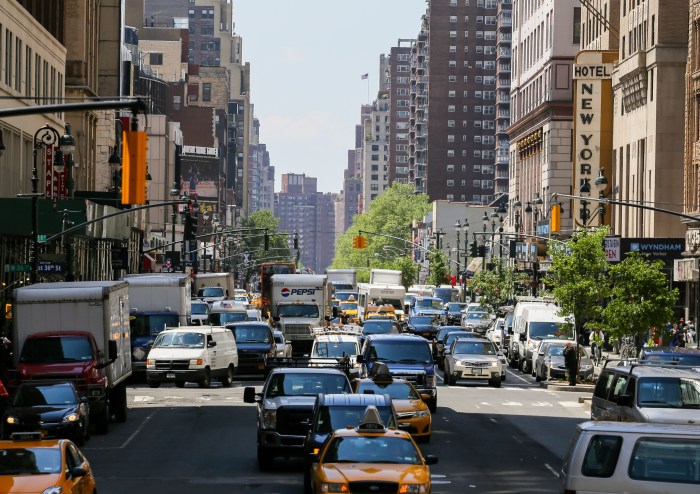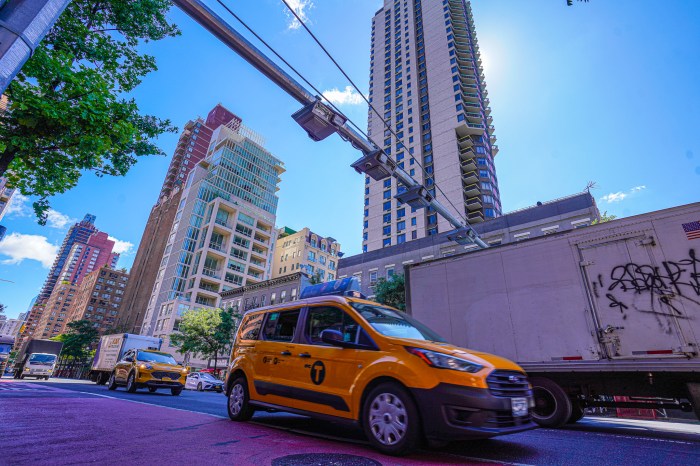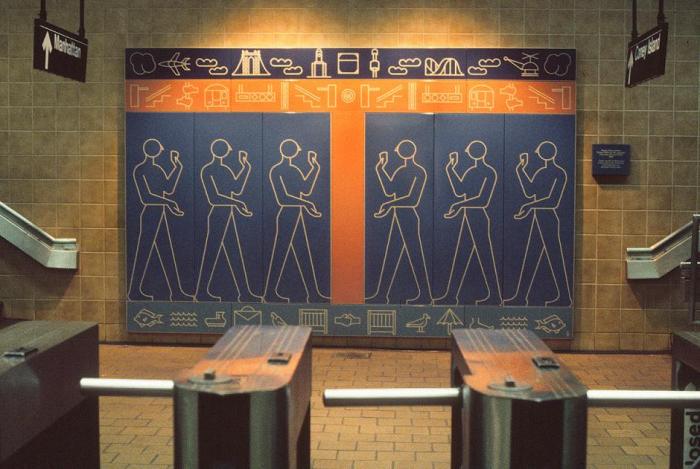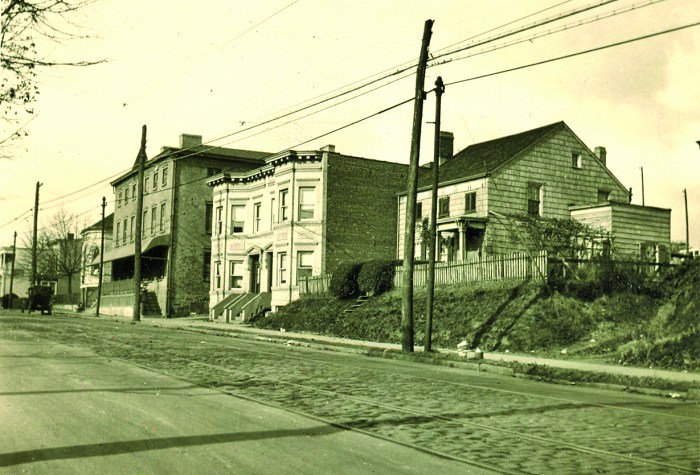First stop, Queens. The MTA on Monday will begin touring the region to discuss its two fare hike proposals that could raise the MetroCard base fare to $3.
York College, in Jamaica, will host the first of eight upcoming, legally required public hearings. Residents will get to vent to the MTA and weigh in on the agency’s two fare and toll hike proposal options. The MTA will collect feedback before deciding on an increase set for March 19, 2017.
“Keeping fares and tolls affordable is crucial and hearing directly from the riding public is an integral part of helping MTA board members decide which proposal best does that,” said Beth DeFalco, an MTA spokeswoman, in an email. “Because of cost savings, we were able to keep the proposed increases to less than 4 percent—or 2 percent a year on average—as we had predicted.”
The two options on the table weigh jacking up a MetroCard swipe to $3 or keeping the current $2.75 rate while tinkering with the purchase bonus, the rate that riders receive for pumping money onto their cards.
“Plan A” would keep base fares at $2.75, but riders would only receive an extra 5 percent bonus with a $5.50 purchase. Currently, they receive an 11 percent addition for that amount. “Plan B” would bring a $3 base fare, but also an increased bonus of 16 percent for a $6 purchase.
Under either proposal, 30-day MetroCards jump to $121 and seven-day cards go from $31 to $32.
The increasing costs to use mass transit have worried advocacy groups that fear more low-income New Yorkers are forced to weigh either missing out on basic needs as a commuter or jumping turnstiles. The Community Service Society and the Riders Alliance have called for the city to subsidize a half-fare MetroCard for its residents living at or below the federal poverty line in the name of transit equity.
“The best way for people to move people out of poverty and support their family is work,” said David Jones, President of the CSS and an MTA board member, after an MTA board meeting last month. “To hit $3 — that’s $6 a day. For people [living at the poverty line] with a family of four, this could get real serious.”
MTA Chairman Tom Prendergast said the agency is grappling with social fare policies in the same ways as other cities, like Vancouver, Portland, Seattle and San Francisco.
“That is a social issue that every transit system in the United States is addressing to varying degrees,” Prendergast said at the meeting. “Because we do want to make sure that we take care of our core constituency. We do want to make sure that people who are totally dependent on us have the ability to ride as well…It is one of the real issues we have to deal with as a board: balancing policy, service and fiduciary responsibility.”

































